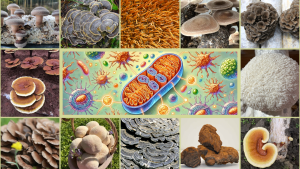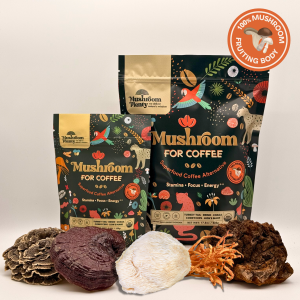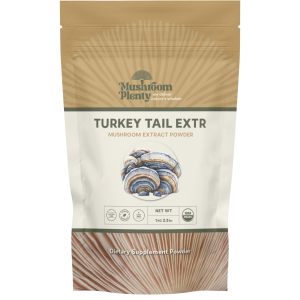
Things we should know when it comes to Mushrooms and the immune system!
When speaking about the immune system, we often use vague terms that don’t tell us what to do. We all want to feel great, have
Turkey Tail Mushroom, scientifically known as Trametes versicolor, captures attention with its vibrant and diverse coloration resembling the tail feathers of a wild turkey. Beyond its visual appeal, this mushroom has become a subject of scientific exploration due to its decadent array of bioactive compounds and potential health benefits.

As scientific interest in Turkey Tail Mushroom grows, its potential applications in immune support, cancer care, and overall health position it as a valuable species within the fungal kingdom.


When speaking about the immune system, we often use vague terms that don’t tell us what to do. We all want to feel great, have

Convenience and Compliance: Gummies offer a convenient and enjoyable way to consume medicinal mushroom extracts, which significantly enhances compliance among users, especially children and elderly

Every woman experiences cycles related to fertility, menstruation, pregnancy, childbirth, and menopause throughout her life. Women’s health requires special attention to all aspects of the


This disclaimer emphasizes the informational nature of the content provided and underscores that it is not intended for diagnostic, treatment, or preventive purposes. It highlights that the information does not establish a patient-doctor relationship and should not be used as a substitute for professional medical advice. Additionally, it clarifies that the FDA does not evaluate any products mentioned for their efficacy in treating, diagnosing, curing, or preventing diseases. The article is intended for healthcare professionals and educational purposes only, and it advises readers to consult licensed medical practitioners for personalized medical advice.
© 2024 All rights reserved Mushroom Plenty | Marketing: Shiri Keidar